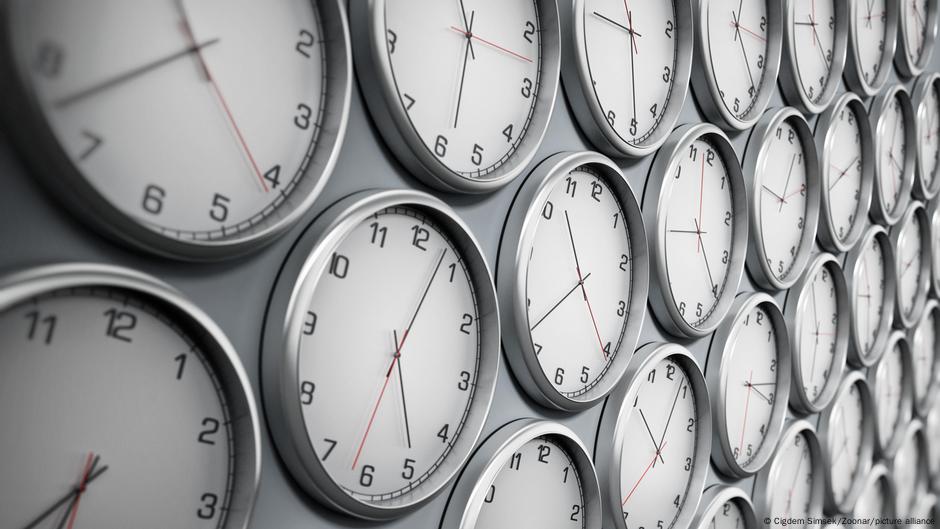Summary
Most European countries moved clocks forward one hour on Sunday, marking the start of daylight saving time (DST), a practice increasingly criticized.
Originally introduced during World War I to conserve energy, DST returned during the 1970s oil crisis and now shifts Central European Time to Central European Summer Time.
Despite a 2018 EU consultation where 84% of nearly 4 million respondents supported abolishing DST, implementation stalled due to member state disagreement.
Poland, currently holding the EU presidency, plans informal consultations to revisit the issue amid broader geopolitical priorities.



Me too. I think a lot of ppl do as it literally gives (most) people more daylight to actually do stuff since most people work until like 3-6pm. Another side effect during ST is it crowds things that require daylight on the weekends. The days (in the northern hemisphere) are already shorter, add ST on top of it and now all the things that require daylight that people want to do after work have to wait until the weekend because they just don’t have enough time. Then the weekend comes and everyone is there because they all had to wait. Once DST comes there’s always noticeably smaller crowds cause now at least some people are able to go during the week.